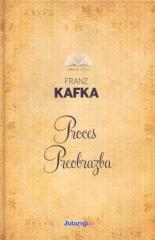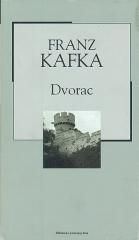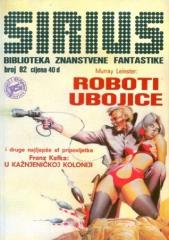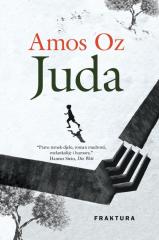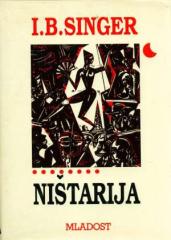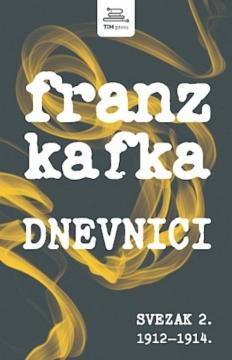
Dnevnici, 2. svezak: 1912-1914.
The second volume of Kafka's diaries covers the crucial years 1912–1914. This volume is a bridge between the early sketches and the mature novels, and the fragments are raw, aphoristic, full of self-mutilation, but also ingenious introspection.
These fragments, written in the night hours between office work and insomnia, reveal Kafka's inner hell: "Life is a dream, and I am a dreamer who cannot wake up."
The year 1912 culminates in a meeting with Felice Bauer in Berlin - a "virgin in a shirt" who hypnotizes but also paralyzes him. The diary monologues about the dream ("One night in four pages... and it's all over") describe the writing of "The Judgment" as a birth: a story of filial guilt and fatherly judgment, inspired by Felice. The letters become an obsession for her - "You are my truth, I am your lie." She thinks of marriage as an escape from herself: "Marriage is salvation, but I am a condemned man."
1913 brings trips to the Riva and Paris, where she confronts corporeality: "The body is a prison, the soul is a prisoner." Dreams of crowding, persecution and incest reveal deep suffering - the shadow of her father dominates, foreshadowing "Letter to Father." Jewish identity is awakened through visits to synagogues and reflections on assimilation: "We Jews are spirits without bodies." Sketches like "The Great Wall of China" herald metaphysical allegories.
The year 1914, on the eve of the Great War, brings mobilization – Kafka reports, but is released due to poor health. He sees the war as a metaphor for his life: "The world is falling apart, and I stand in ruins." Love with Felice disintegrates in another period of reverie, with doses of humor: "I am an ant, she is a mountain." Themes: alienation, lack of communication, writing as the only way out – "A book must be an axe for the frozen sea within us."
One copy is available
